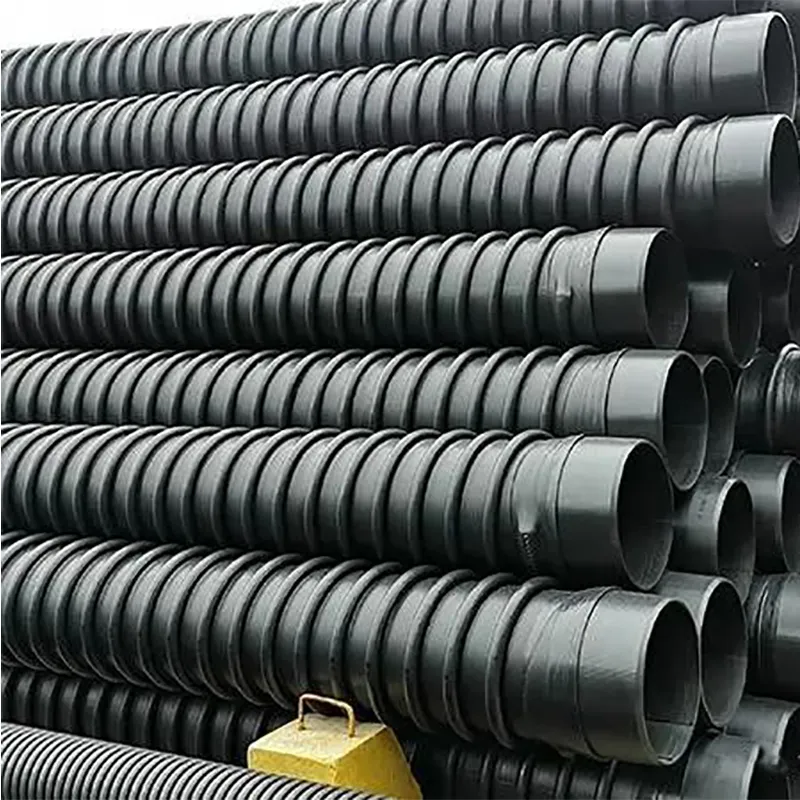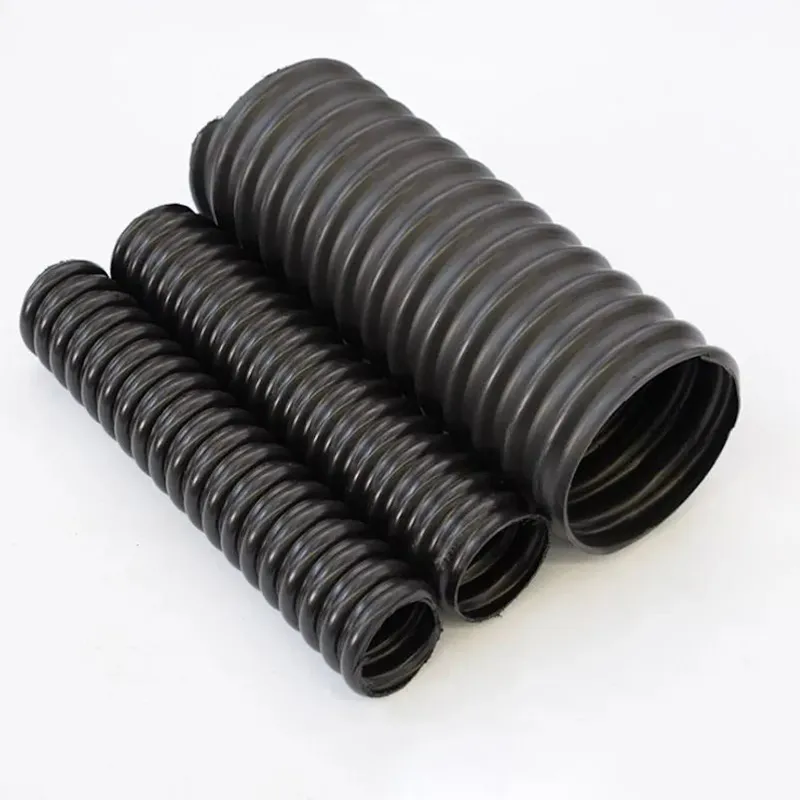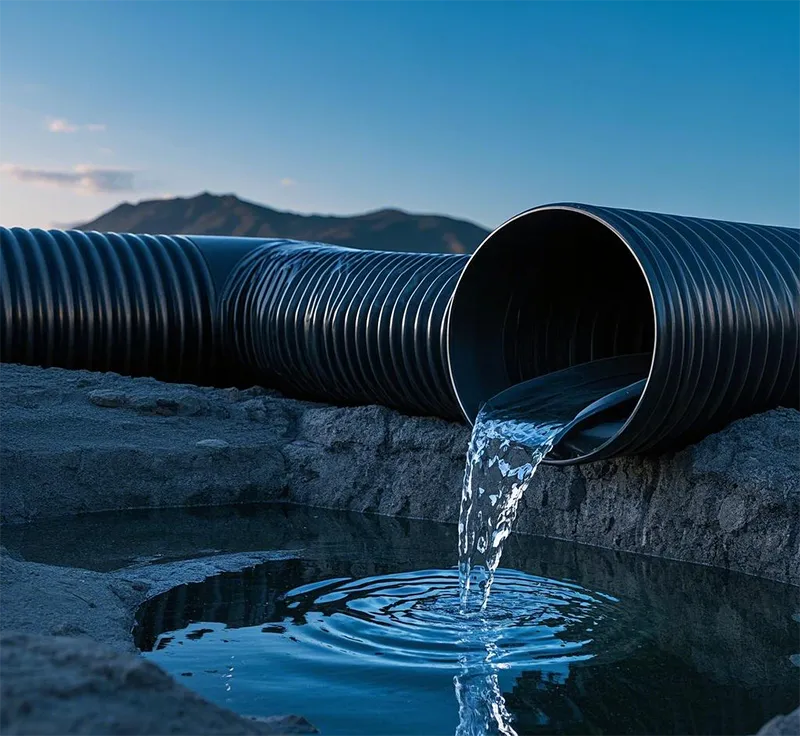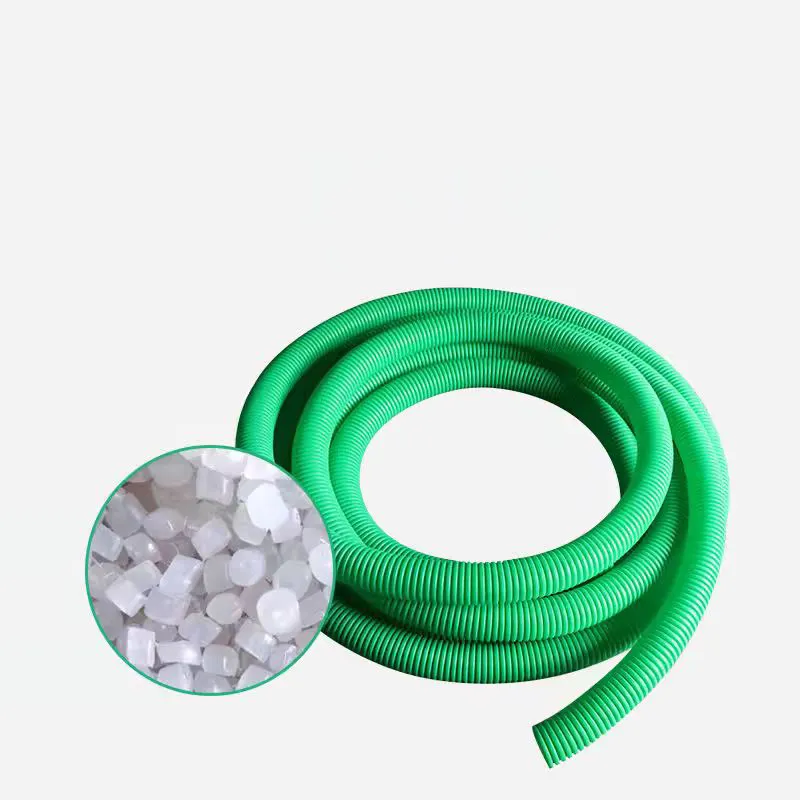Agriculture is the backbone of many economies around the world. However, to sustainably produce crops, farmers require an adequate and reliable supply of water. Rainwater harvesting and irrigation systems play an essential role in providing this vital resource. The use of High-density polyethylene (HDPE) rainwater pipes have become an increasingly popular choice for farmers in agricultural irrigation systems due to their durability, flexibility, and resistance to corrosion and chemicals.
The Role of Rainwater in Agriculture
Rainwater is the primary source of water for most agricultural lands. It is an inexpensive source of water that farmers rely on to grow crops. However, rainwater is not always dependable, especially in regions that experience prolonged dry spells or sporadic rainfall. To bridge this gap, farmers have been using various irrigation methods to supplement the water supply.
Irrigation in agriculture is the process of artificially applying water to crops. Irrigation systems have been in use for thousands of years, but modern technologies have greatly improved the efficiency and effectiveness of irrigation systems. Today, farmers can choose from a variety of irrigation systems, including flood irrigation, drip irrigation, sprinkler irrigation, center pivot irrigation, and rainwater harvesting.
HDPE Rainwater Pipes for Agricultural Irrigation
HDPE is a thermoplastic polymer that is highly resistant to corrosion, chemicals, and UV radiation. HDPE rainwater pipes have gained popularity in agricultural irrigation systems due to their durability, flexibility, and corrosion resistance. HDPE pipes have a smooth internal surface that reduces friction, allowing water to flow freely without blockage, which saves energy in water pumping.
Agricultural Irrigation Pipe System Design
The design of an agricultural irrigation system is critical to its success. The system must be able to deliver water to the crops in the right amounts at the right time. The size of the pipes should be adequate to minimize pressure losses and ensure that water reaches the crops. HDPE pipes come in different diameters and thicknesses. The diameter of the pipes depends on the required flow rate and the length of the pipeline. The thickness of the pipes should be enough to withstand the external or environmental forces.
Pipe Installation and Maintenance
Proper installation of the HDPE pipes is crucial to ensure effective water distribution. The pipeline should be installed following the appropriate code regulations and standards. One of the advantages of HDPE pipes is their flexibility, which allows for easy installation and helps prevent damage to the pipes. The smooth internal surface of HDPE pipes makes them easy to clean, which reduces the chances of clogging and blockages. Routine maintenance is also vital to ensure that the pipes continue to function optimally throughout their lifespan.
Advantages of using HDPE Rainwater Pipes
1. Durability. HDPE pipes are durable and last longer than other materials. They can withstand harsh environmental conditions and are less susceptible to damage from external forces.
2. Chemical resistance. HDPE pipes are highly resistant to chemicals, making them ideal for transporting fertilizers and other chemicals used in farming.
3. Corrosion resistance. HDPE pipes are resistant to corrosion, which is common in other materials such as steel or copper.
4. Flexibility. HDPE pipes are highly flexible, which makes them easy to install and reduces the risk of damage during installation.
5. Lower Maintenance costs. HDPE pipes are easy to clean, which reduces maintenance costs.
6. Environment-friendly. HDPE pipes are recyclable, which is beneficial to the environment.
Limitations of HDPE Rainwater Pipes
1. Temperature limitations. HDPE pipes have a temperature range of 32°F to 140°F. High temperature beyond these limits can lead to material failure.
2. Jointing requirements. The jointing of HDPE pipes requires specialized training and equipment, increasing the cost of installation.
3. UV radiation. HDPE pipes are sensitive to UV radiation, which can affect their lifespan if they are exposed to sunlight for an extended period.
Conclusion
HDPE rainwater pipes have become a popular choice for farmers in agricultural irrigation systems due to their durability, flexibility, and resistance to corrosion and chemicals. The installation of HDPE pipes on farms can improve the efficiency of the irrigation system, reduce water wastage, and improve crop yield. Although there are limitations to the use of HDPE pipes, the benefits far outweigh these limitations. Farmers should consider using HDPE rainwater pipes in their irrigation systems for improved reliability and cost-effectiveness.






925.webp)
294.webp)
476.webp)
420.webp)
146.webp)
460.webp)
287.webp)
274.webp)
688.webp)


